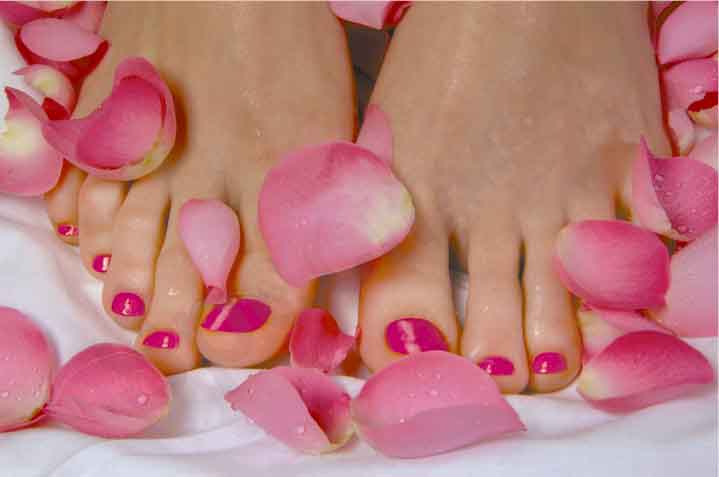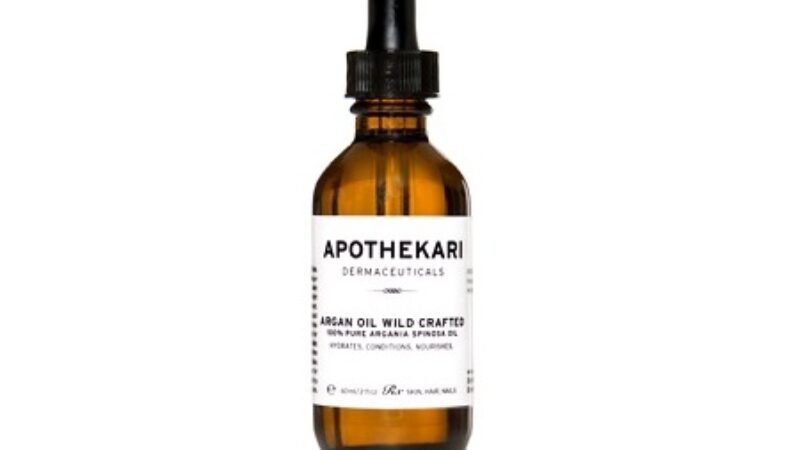Old or young, male or female, foot odor isn’t particular about who it affects. Even the smallest, most adorable baby feet are not immune to the kind of smell that can clear a room in 5 seconds flat. Caused by bacteria that thrives in the moist environment of sweaty feet, foot odor occurs as the bacteria consumes the dead skin cells on the surface of the feet and toes.
The good news about foot odor is that it can be controlled. And during the summer months, “sandal season” can actually help by allowing the feet to stay cooler and for sweat to evaporate with increased air circulation. So what else can you do to prevent foot odor?
- Wash feet often and dry thoroughly to discourage bacteria from proliferating.
- Exfoliate gently to remove the dead skin cells that the bacteria feed on. Burt’s Bees Cranberry and Pomegranate Sugar Scrub is an extra-luxurious way to get the job done, plus it smells great!
- Choose shoes made of breathable materials like leather or canvas, changing them daily to allow them to dry out in between wearing. In the summer, wear sandals and go barefoot as much as possible to increase air circulation.
- Wear clean socks made of natural fibres like cotton or wool. Avoid synthetic fibres that do not absorb excess perspiration.
- Keep feet dry. Feet have more sweat glands than any other part of the body with no opportunity for the moisture to evaporate when they are in shoes and socks. For those who suffer from excessive sweating of the feet (plantar hyperhidrosis), Dehydral Antiperspirant Cream with 8% methenamine can help keep feet dry and stop foot odor. Apply to soles, heels and between toes regularly or as directed by a physician.
If foot odor is accompanied by itchiness, skin that won’t heal or other unusual symptoms, consult your doctor to rule out any other causes.



